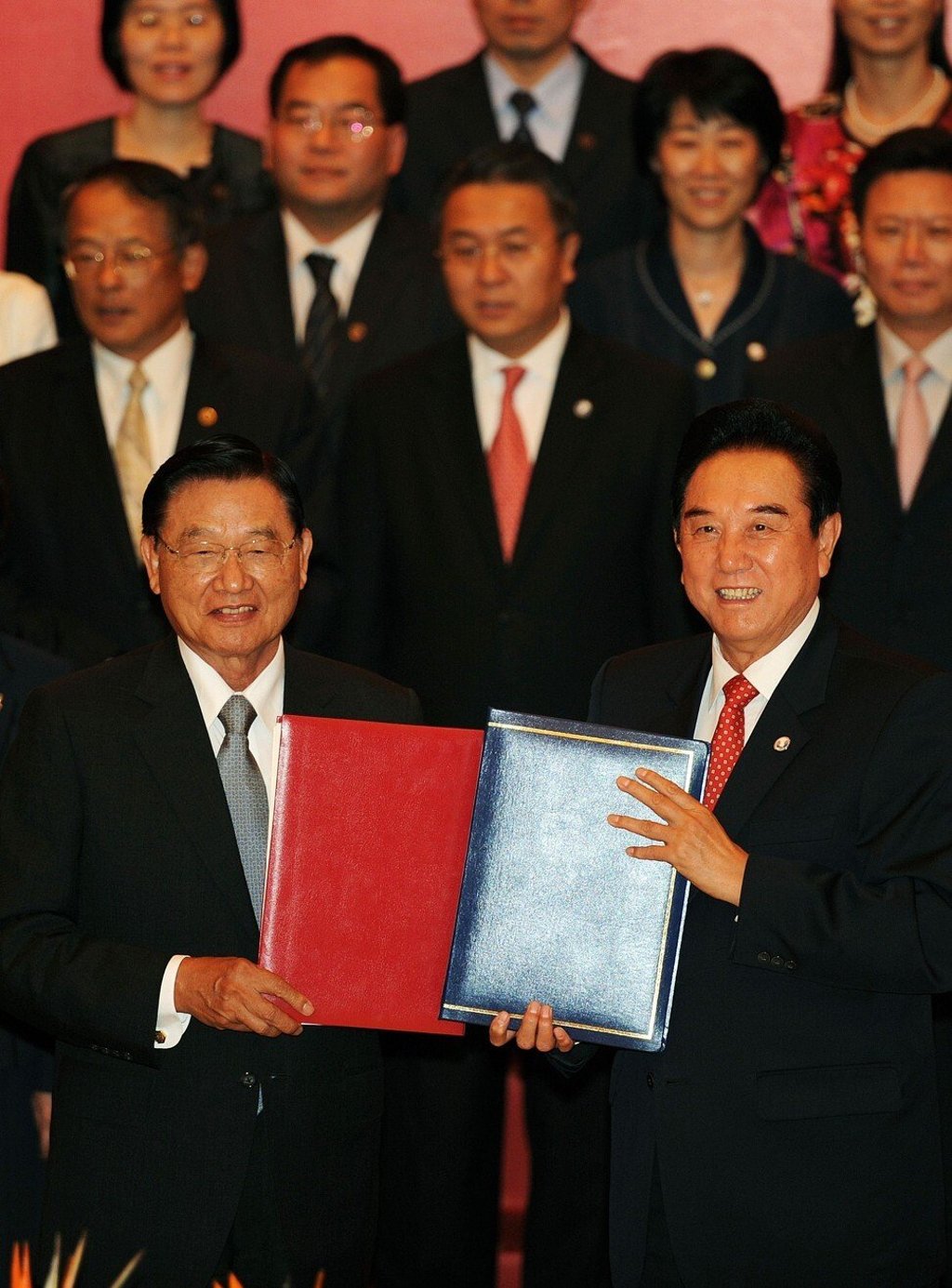Why Taiwan needs to keep the cross-strait trade deal alive
- With increased cross-strait tensions, doubts have been raised about the future of the Economic Cooperation Framework Agreement
- Given that Taipei has benefited greatly from the trade pact, particularly during Covid-19, such a change would harm Taiwan’s economy and could endanger its de facto independence

The Economic Cooperation Framework Agreement (ECFA) has been the basis of economic collaboration between mainland China and Taiwan since it came into effect on September 12, 2010. However, as the 10-year anniversary of the agreement loomed this year, there was speculation that it could be terminated, especially given the decline in cross-strait relations under Taiwanese President Tsai Ing-wen.
Surprisingly, both parties remained silent amid the rumours until mid-September, when a spokesman for the Taiwan Affairs Office of the State Council in Beijing said the agreement would be smoothly implemented as long as cross-strait relations develop peacefully. Meanwhile, the Mainland Affairs Council of Taiwan said all signed agreements remained effective.
In other words, Beijing and Taiwan are not willing to alter the status quo.
In 2010, Ma Ying-jeou, then Taiwan’s president, explained that under the ECFA, Taiwan’s exports to mainland China would not be restricted by high tariffs any more, and Taiwanese investments and intellectual property in mainland China would be protected. Ma also promised that the ECFA would not open Taiwan’s market to labourers and more agricultural products from mainland China.
Tsai, then leader of the opposition as the chairwoman of the Democratic Progressive Party, said she would push for a referendum against the ECFA if she were elected Taiwan’s leader, terming the agreement “sugar-coated poison”. However, the ECFA was successfully implemented during Ma’s eight-year term and has continued since 2016 under Tsai’s leadership.

